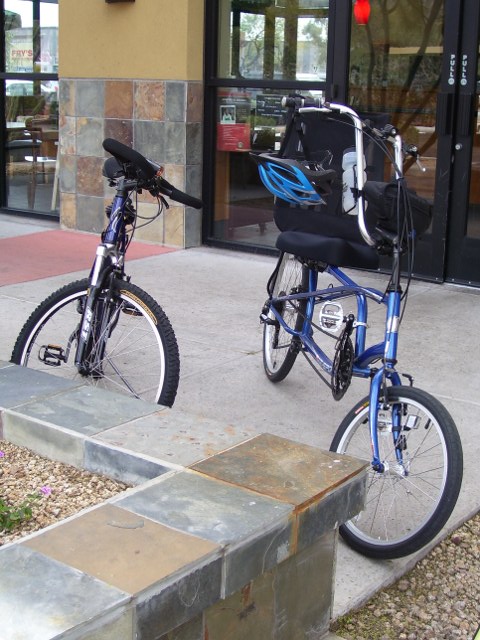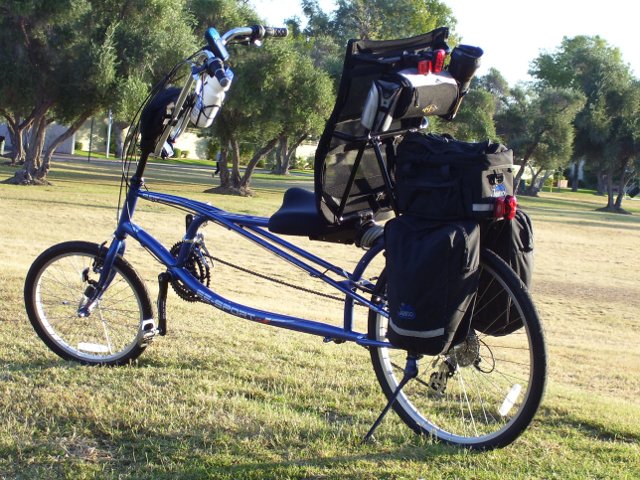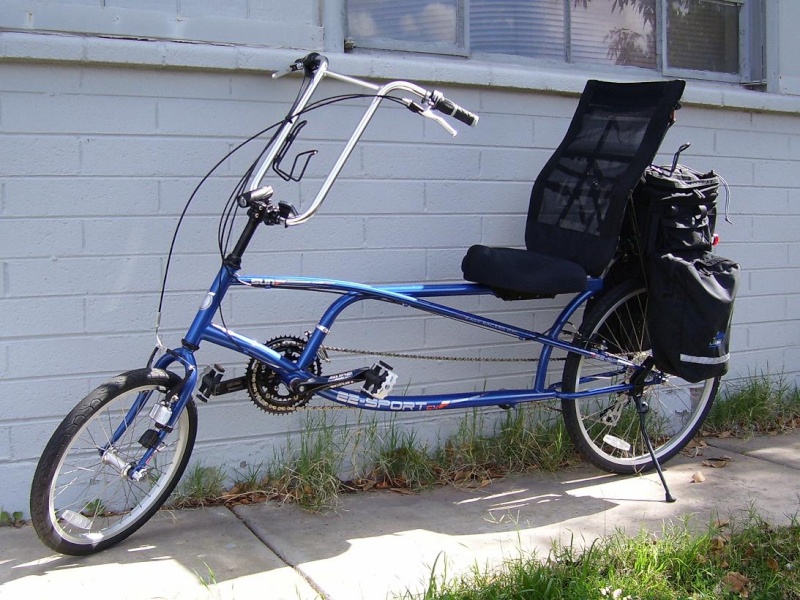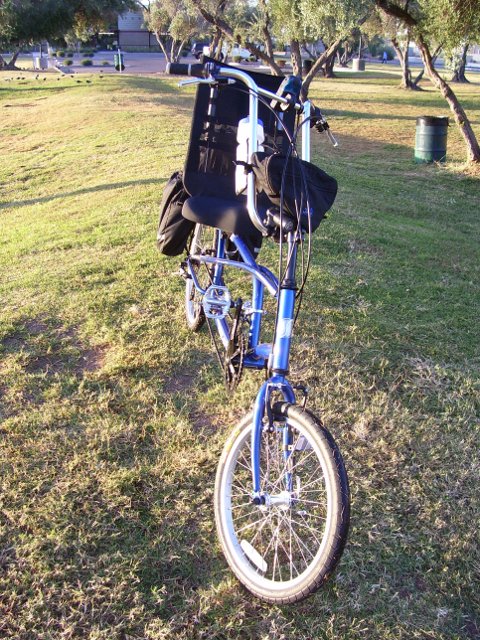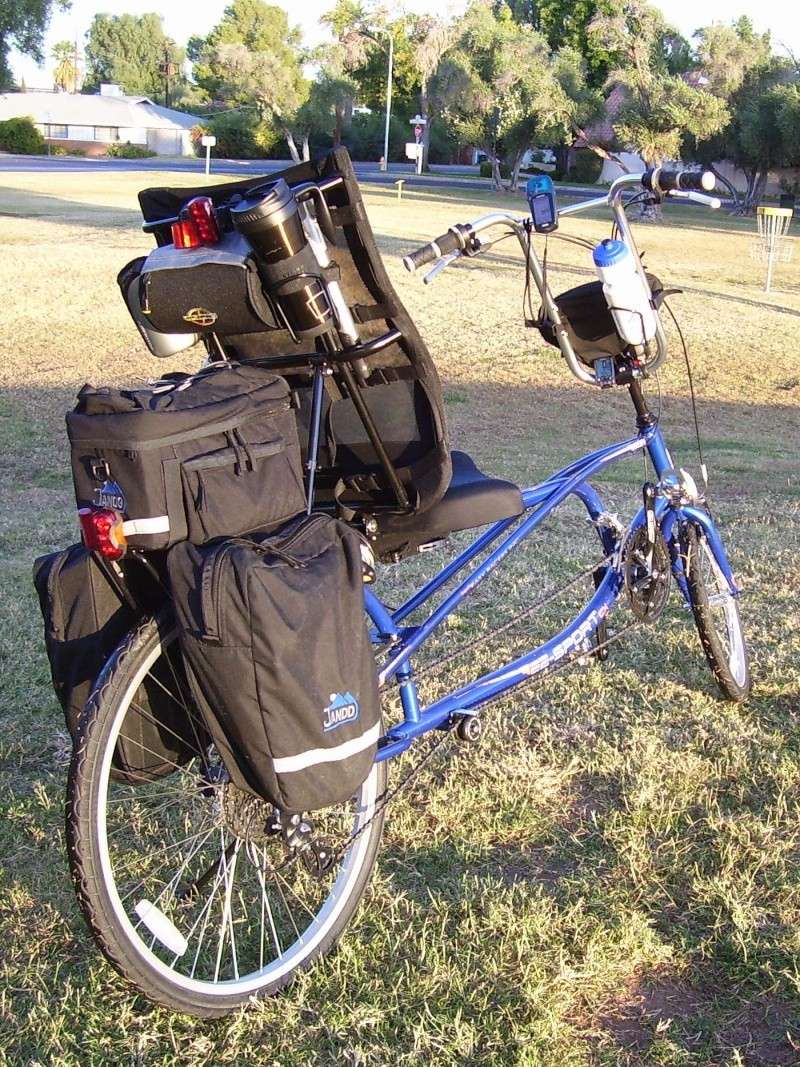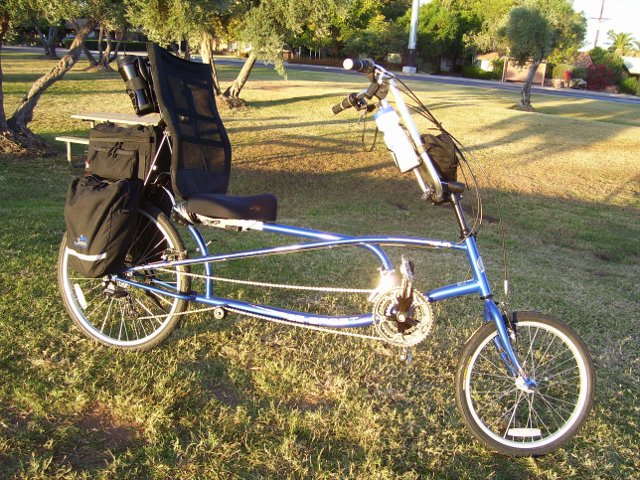He and I have been playing "telephone tag" ever since. He would call my home telephone number when I was not there, I would get the message and return his call when he was gone for the day. If only I could have given him my mobile number, but I was hesitant to do that because my three-year-old Motorola Q had started giving me problems. Finally, I acquired a brand New Communication System and was able to leave a voice message and an email with my cell phone number.
I didn't think anything about it for about a week, and then last Friday (March 26, 2010) my mobile phone rang and I saw “Private Number” as the source of the call. My own home phone number shows as “Private Number,” so I answered it fully expecting to hear my wife's voice. Luckily, I didn't answer it as a “Reverse Obscene Phone Call” (as I have been known to do) because the voice at the other end of the line was that precinct commander. He and I exchanged pleasantries and we both expressed how happy we were we could finally talk.
He continued by saying he hoped I would accept the apologies of the Phoenix Police Department, and his personal apology, for the actions of his officer that day. He explained that his research into the incident showed that I was correct about being in that lane, that was where I was supposed to be stopped in order to continue east across the street when the traffic cleared.
That answered my first question, which had been “Where was I supposed to be if not there?” My second question was “What training do Phoenix police officers get regarding the traffic laws pertaining to bicycles?” The answer to that question exposed the heart of the problem regarding the officer's mistaken instructions to me and his belief that I “didn't belong there.”
At the academy, police cadets get twenty hours of training regarding Title 28 – Transportation of the Arizona Revised Statutes. Title 28 covers ALL the laws regarding vehicles, licensing, traffic laws, truck transportation, fees, etc. It is a section of the ARS which takes up about 619 pages of the “condensed” version available at the local libraries. The academy emphasizes those sections which deal with the most important parts to policemen: DUI laws, rules governing traffic stops, search and seizure, licensing penalties, etc.
The precinct commander said when he got my email, he was almost embarrassed to admit he had to pull out Title 28 and review the portion of the ARS to which I had referred in my message. The fact that bicycles were historically such a small percentage of the traffic, and that these issues rarely came up, was what caused the incorrect actions on the part of the police officer I encountered.
I responded to the commander by saying I fully appreciated how important the other jobs were for the police, and when he asked if I wished to speak to the officer I assured him that my intent was certainly not to have him call some officer on the carpet about this; my concern was for my safety as a bicyclist and support by the police for my rights on the roadway as a bicyclist.
I then asked if he would like me to check around at the various area bike clubs, and with The League of American Bicyclists, for any training they could provide for the police. He replied he would be happy to champion my efforts with his department, would keep me informed about progress on the subject and looked forward to hearing from me.
I guess I have really stuck my foot into it now! LOL! I'll probably have to renew my membership in the League and track down one of their trainers in the area. Actually, I feel good about it.




